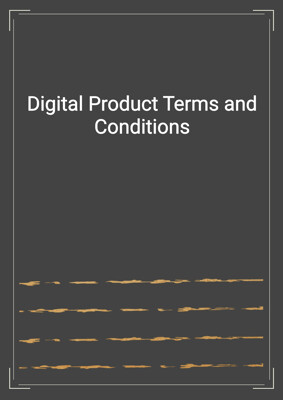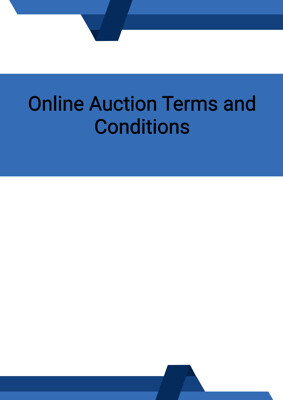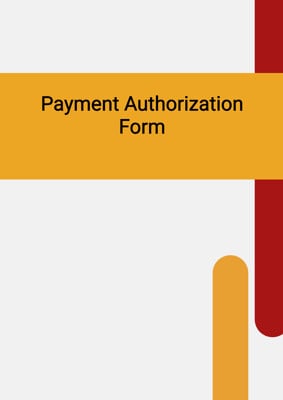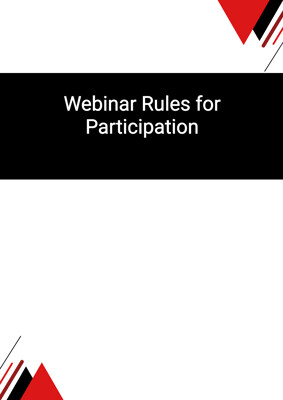How to Tailor the Document for Your Need?
01
Create Document
Fill in the details of the parties. You can click the "Fill with Member’s Information" button to complete it with information saved to your account.
02
Fill Information
Please fill in any additional information by following the step-by-step guide on the left hand side of the preview document and click the "Next" button.
03
Get Document
When you are done, click the "Get Document" button and you can download the document in Word or PDF format.
04
Review Document
Please get all parties to review the document carefully and make any final modifications to ensure that the details are correct before signing the document.
Document Preview
Document Description
The Website Hosting Service Agreement is a legally binding document that outlines the terms and conditions between the company providing website hosting services and the client hiring the services. The agreement establishes the roles and responsibilities of both parties and ensures a clear understanding of the services to be provided.
The entire document is divided into several sections. Section 1 defines key terms used in the document, ensuring clarity and understanding, while section 2 outlines the responsibilities of the company providing the services, including compliance with applicable laws and regulations and the use of client data, and the responsibilities of the client, such as providing necessary cooperation and equipment.
Section 3 emphasizes the importance of timely performance and sets a completion date for the services, while section 4 denotes the payment terms and any additional expenses that may be incurred. Section 5 clarifies the rights and responsibilities of both parties and addresses issues such as service interruptions and limitations of liability.
Section 6 demotes the duration of the agreement and the circumstances under which it may be terminated, while section 7 establishes the website remains the property of the client, and the company's use of intellectual property requires written consent. Section 8 discusses the confidentiality of sensitive information shared between the parties.
Section 9 denotes the requirement of prior approval for any announcements or disclosures related to the agreement. Section 10 outlines the process for making changes to the agreement, while section 11 prohibits the client from assigning the agreement without prior written consent. Also, section 12 discusses the validity of the agreement in case of illegal or unenforceable provisions.
The document also includes separate provisions such as further assurance, warranty of capacity and power, force majeure, no rights under contracts for third parties and notices and service.
In short, the Website Hosting Service Agreement is a detailed document that establishes the rights, obligations, and expectations of both the company and the client concerning website hosting services.
How to use this document?
1. Provide information: Enter the Contractor's and Customer's information in the agreement, including their principal place of business. This ensures that both parties are clearly identified.
2. Specify price and completion date: Clearly specify the agreed price and completion date of the work to be carried out by the Contractor. This will ensure that both parties are aware of the expectations and deadlines.
3. Describe services: Clearly describe the type(s) of services to be provided by the Contractor. This ensures that both parties are aware of the scope of work and can avoid any misunderstandings.
4. Agree on length of warranty and time of payment: Both parties should agree on the length of warranty and time of payment after the completion of the work. This ensures that both parties are aware of the payment terms and the length of the warranty.
5. Specify damages: If the work is not completed by the completion date, specify the amount of damages per week that the Customer is entitled to. This ensures that both parties are aware of the consequences of non-completion.
6. Review and sign: Both parties should carefully review the agreement and sign it to indicate their acceptance and agreement to the terms and conditions.
7. Retain a copy: Both parties should keep a copy of the signed agreement for their records and future reference.
8. Comply with the agreement: Both parties should fulfill their obligations as outlined in the agreement and communicate any issues or disputes promptly.
9. Seek legal advice if needed: If there are any uncertainties or concerns regarding the agreement, it is advisable to seek legal advice to ensure full understanding and compliance.
10. Regularly review and update: As circumstances may change over time, it is important to regularly review and update the agreement to reflect any changes or new requirements.
Not the right document?
Don’t worry, we have thousands of documents for you to choose from:


































